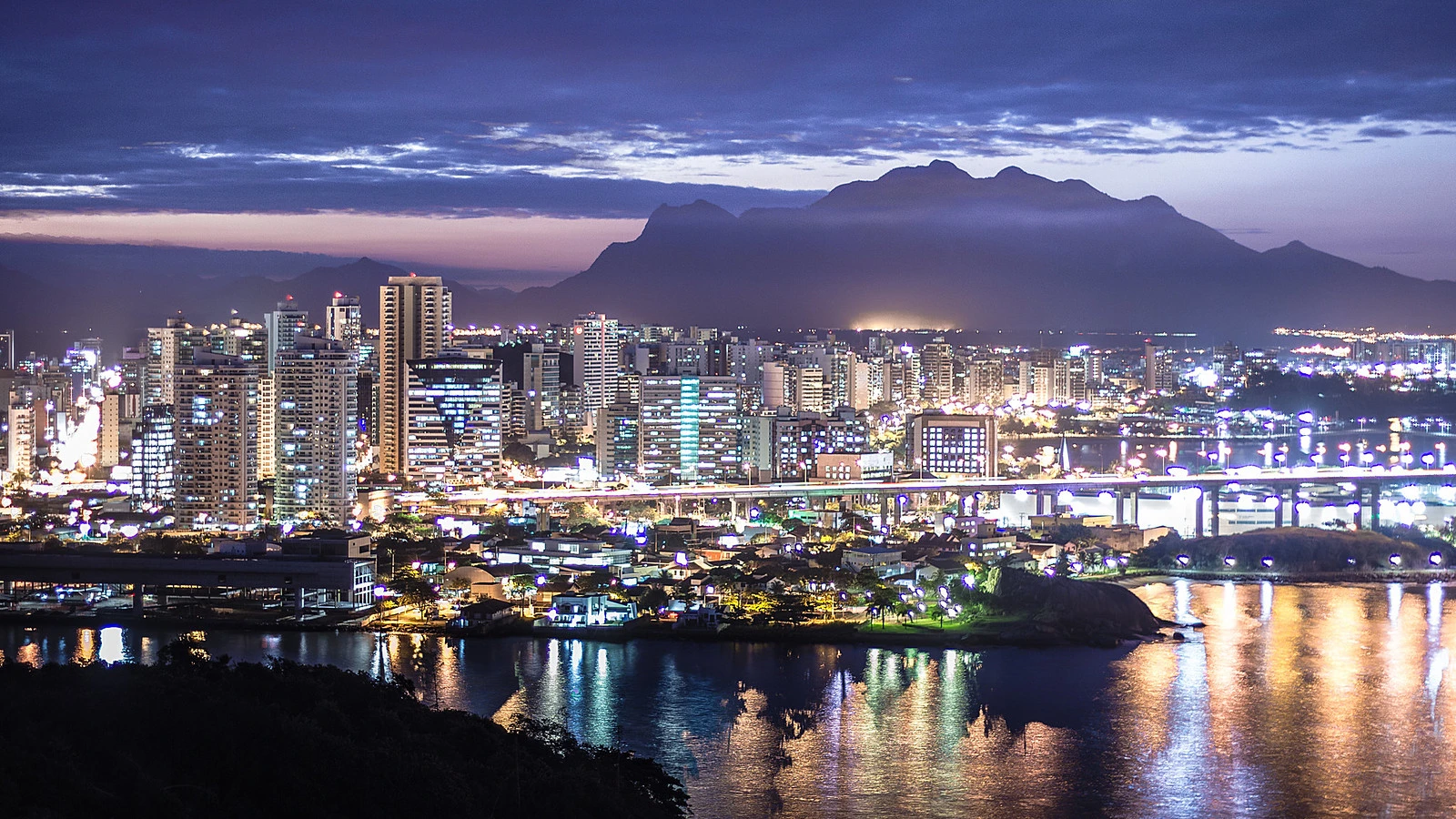Over the past five years, property values in certain Brazilian cities have surged significantly above inflation rates.
In cities like Vitória, Vila Velha, Goiânia, Curitiba, and Florianópolis, the appreciation in property values ranged from 16% to 40.8%.
This data, sourced from the FipeZap index, highlights a notable trend in real estate investment.
The study focused on 18 cities with data available from 2018.
The prices reflected are based on what property owners initially asked for, which may differ from the final sale prices.
Vitória, the capital of Espírito Santo, topped the list with a 40.84% increase, closely followed by Vila Velha at 27.3%.
Economist Marlon Glaciano points out that Vitória‘s high Human Development Index (HDI) plays a crucial role in its property value increase.

Quality of life and accessibility are key factors driving real estate appreciation. Conversely, negative aspects like urban violence can negatively impact property values.
Vitória’s high living standards have been recognized internationally, including by the UN.
It was previously ranked as the second-best Brazilian coastal city to live in, only behind Florianópolis.
It’s also known for its supportive infrastructure for entrepreneurship.
Experts link the rise in property prices in these cities to their socio-economic development and housing demand.
FGV professor Alberto Ajzental notes that fewer new property launches in these cities might have spurred the price rise as the real estate market rebounded from a pre-pandemic slump.
Each city has unique factors influencing its real estate market.
For example, the economic activities in Vitória and Vila Velha, like port operations, have likely increased their property value.
In Goiânia, the flourishing agribusiness sector is a potential contributor to its real estate growth.
Niterói and São Paulo have seen property values depreciate
In contrast, cities like Niterói and São Paulo have seen property values depreciate against inflation.
This could be due to the pandemic’s impact, which prompted a shift in people’s preferences towards areas with better quality of life.
For prospective buyers, market analyst Caio Nabuco de Araújo advises a careful evaluation of various factors.
These include the macroeconomic environment, local infrastructure, urban legislation, and public safety. He also highlights the impact of the Selic rate on real estate financing costs.
If the Selic rate continues to drop, Araújo foresees a potential easing of pressure on real estate financing. This could lead to further appreciation in property values across more areas.
Based on advertised prices, the FipeZap study’s methodology may not accurately reflect the actual sale values.
Ajzental notes that not considering the National Civil Construction Index (INCC) in the analysis could also affect the accuracy of the valuation percentages in some regions.

